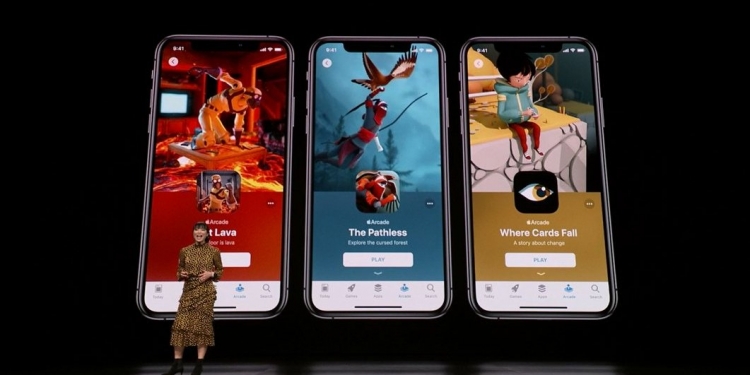If you’re on an iPhone/iPad, chances are that you’ve tried out the Apple Arcade service—or at least, you’ve tried out the 30-day free trial period. The service has been fairly successful, with the lack of ads or in-game purchases proving to be popular among users. However, it now appears that Apple isn’t entirely satisfied with the current direction of Apple Arcade.
According to a report from Bloomberg, the California-based company has cancelled the contracts of several games that are still being developed. These games have yet to actually reach the Arcade catalogue of titles, but Apple has already decided that some of these titles don’t have the necessary “engagement” to retain subscribers on the platform.

Apple’s strategy shift for Arcade
The issue reportedly stems from Apple’s desire to have more games in their catalogue that are addictive enough to retain subscribers once the free trial ends. As such, “engagement” is the key term here, with Grindstone held up as the standard for future games.
And while the service has been fairly popular, none of the games have become iconic hits in their own right. Think of the major gaming platforms in years gone by, and how memorable some of the exclusive titles have been—the importance of exclusive titles cannot be understated.
As such, it could be argued that Apple Arcade’s growth hasn’t quite hit the heights that was expected. Millions of dollars have been spent on the service, with Apple outsourcing game development to various game studios to help populate the Arcade catalogue—120 games, many of which are exclusive.
While Apple is still reportedly remunerating developers based on the work they’ve already done thus far, the cancelled contracts will still hurt developers—especially during the current economic climate.
Regardless, it will be interesting to see how Apple’s new strategy and efforts to create more engaging games turns out. While many games on the mobile platform tend to rely on in-game purchases to drive engagement, or even time-limited achievements, Apple appears to be looking at the root of the problem: the addictiveness rating of the games.
[ SOURCE ]








